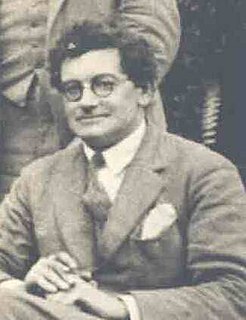A Quote by David Lynch
You need contrast and conflict in order to tell a story. Stories need to have dark and light, turmoil, all those things. But that does not mean the filmmaker has to suffer in order to show the suffering. Stories should have the suffering, not the people.
Related Quotes
Nobody wants to see the truth. Everybody wants to have the fantasy. When I look back at the books I was reading in my childhood were selling some sort of fantasy as well. Most stories are not going to tell the deep suffering of every day. No book prepared me for the suffering I would experience in life because the word "suffering" does not even describe what the suffering is. No story is going to tell you that, and no words can tell you that.
The desire for story is very, very deep in human beings. We are the only creature in the world that does this; we are the only creature that tells stories, and sometimes those are true stories and sometimes those are made up stories. Then there are the larger stories, the grand narratives that we live in, which are things like nation and family and clan and so on. Those stories are considered to be treated reverentially. They need to be part of the way in which we conduct the discourse of our lives and to prevent people from doing something very damaging to human nature.
It brings spiritual warfare and suffering for the priest as he identifies with those who suffer, and shares the frustrations, anger, and incomprehensibility of that suffering in what it does to those who suffer. The priest shares in these struggles of his suffering people, the uncertainties it brings, the sense of divine abandonment it induces, and the loneliness caused.
The best test to know whether an entity is real or fictional is the test of suffering. A nation cannot suffer, feel pain or fear, or has no consciousness. Even if it loses a war, the soldier suffers, the civilians suffer, but the nation cannot suffer. Similarly, a corporation cannot suffer, when it loses its value, it doesn't suffer. All these things, they're fictions. If people bear in mind this distinction, it could improve the way we treat one another and the other animals. It's not a good idea to cause suffering to real entities in the service of fictional stories.
In order to live fully we may need to look deeply at our own suffering and at the suffering of others. In the depths of every wound we have survived is the strength we need to live. The wisdom our wounds can offer us is a place of refuge. Finding this is not for the faint of heart. But then, neither is life.






































